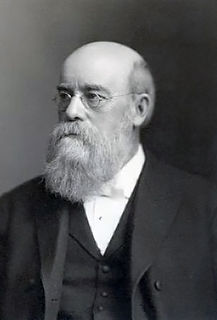A Quote by Jim Rohn
Real persuasion comes from putting more of you into everything you say. Words have an effect. Words loaded with emotion have a powerful effect.
Related Quotes
If you want to be good at anything, you have to work hard at it. It doesn't just fall from the sky. I work every day at trying to improve my writing, and I really enjoy it. Nothing fascinates me more than putting words together, and seeing how a collection of words can produce quite a profound effect.
I have this theory that the more important and intimate the emotion, the fewer words are required to express it. For instance in dating: 'Will you go out with me?' Six words. 'I really care for you.' Five words. 'You matter to me' Four words. 'I love you.' Three words. 'Marry me.' Two words. Well, what's left? What's the one most important and intimate word you can ever say to somebody?
'Goodbye...'
In the performance of an illocutionary act in the literal utterance of a sentence, the speaker intends to produce a certain effect by means of getting the hearer to recognize his intention to produce that effect; and furthermore, if he is using the words literally, he intends this recognition to be achieved in virtue of the fact that the rules for using the expressions he utters associate the expression with the production of that effect.
Sticks and stones may break my bones, but words can never hurt me." The adage is true as long as you don't really believe the words. But if your whole upbringing, and everything you have ever been told by parents, teachers and priests, has led you to believe, really believe, utterly and completely, that sinners burn in hell (or some other obnoxious article of doctrine such as that a woman is the property of her husband), it is entirely plausible that words could have a more long-lasting and damaging effect than deeds.
The old idea that words possess magical powers is false; but its falsity is the distortion of a very important truth. Words do have a magical effect - but not in the way that magicians supposed, and not on the objects they were trying to influence. Words are magical in the way they affect the minds of those who use them.
Music moves me - duh - and that is like having a window opening on a heightened reality, but the effect is fleeting: When the music ends, the magic, the uplifting, vanishes and the window slams shut. Words, on the other hand, by the nature of how they work, emotions evoked by dint of carefully laid out thoughts, have a more lingering effect.
What I'm really involved in when I'm writing is something that no one ever mentions when they see any play. Writing is like trying to make gunpowder out of chemicals. You have these words and sentences and the strange meanings and associations that are attached to the words and sentences, and you're somehow cooking these things all up so that they suddenly explode and have a powerful effect. That's what absorbs me from day to day in writing a play.




































